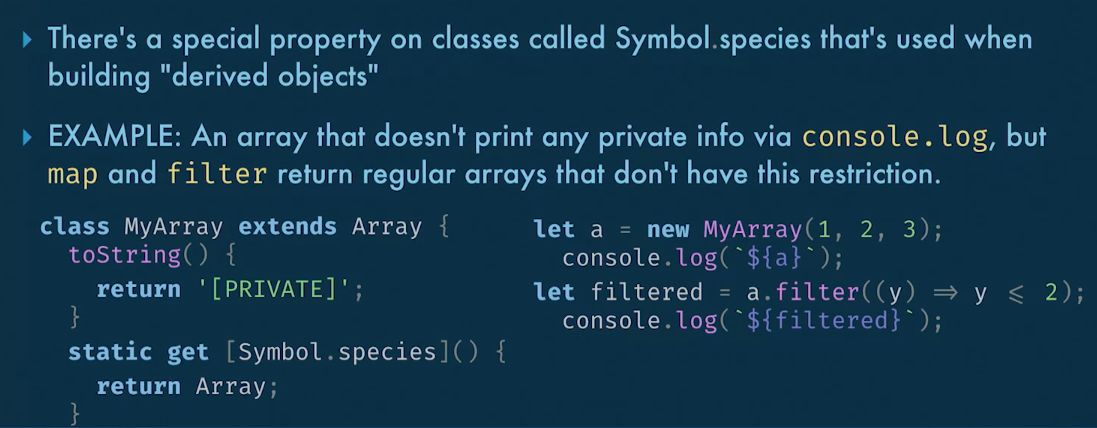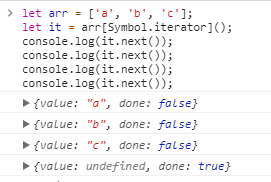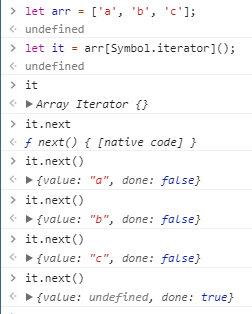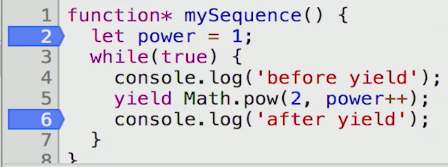Types
Casting:
let input = xxx as HTMLInputElement;
let input = <HTMLElement>xxxx;
Object Shapes:
Typescript only cares about the shape of an object.
Interfaces:
- only describe structure, no implementation
- don't compile to any js code
- DRY, easy refactoring
- open, can be extended later on. (extends)
any:
never:
Nothing can be assigned to never.
function return type void.
Classes
still protofypal inheritance, but better syntax.
static method:
static createPerson() {
}
instance / public fields:
class Person { static population = 122; // public (static) field country = 'China'; // instance field constructor(name) { } }
inheritance:
class Person : Human {
constructor() {
super();
}
}
super.xxx(); // function invoke.
Species:
static get [Symbol.species]() { return Array; }

Mixins:
Enums:
enum Gender {
Male,
Female
}

Arrays:
Tuples:
Fixed length.
let t2: [string, number];
t2 = ['angular', 1];
Type Aliases:
interface sometimes is not good enough.
type keyword to define a type alias:
type Color = [number, number, number];
let red: Color = [255, 0, 0];
can be exported.
Object Literals
Enhanced:
let person = { __proto__ : String.prototype, name: 'Dave', company, [`${company}Title`]: 'CTO', toString() { return `${super.toString()}xxx`; } };
Destructured Assignment:
Rest, Spread Properties:
...
rest: and the rest goes here
spread: and all the properties on this object.
Getters, Setters:
Function - Types:
Functions have a type just like any other value.
interface can also describe functions:
interface ClickListener { (this: Window, e: MouseEvent): void } const myListender: ClickListener = (e) => { console.log(e); };
this, calling context must be window.
Function - Parameters:
named, optional, default value, rest parameters(...).
Generics
let persons = Array<[String, String]>(20);
can specify constraints on generic types:
function calc<T extends number>(x: T, y: T) { }
can also be use with interface:
interface IFileReader<T extends File> {
read(file: T): Blod
}
Access Modifier Keywords:
public, protected, private
Function overloading:
Allows us to have more than one function "head", but a single implementation.
function add(x: number, y: number): number; // this pattern ok function add(x: string, y: string, radix: number): number; // this pattern ok function add(x: number | string, y: number | string, radix: number = 10): number { // must match 2 patterns above. return parseInt(`${x}`, radix) + parseInt(`${y}`, radix); }
add(1, '4'); // not ok
Iterators & Generators
Iterators: keeping track of current position, next()
Iterables:
- support for .. of loop.
- Requires implementation of Symbol.iteractor method
- Array, Map already support it.


Generators:
- yield
- function*() syntax
- returns an iterator
- State of closure is preserved between .next() calls.
- Execution Can be Paused (yield).


it.next() goes in the loop, and pause after yield until next it.next() call.
Iterators:
The ability to pass values in while iterating.
console.log(it.next(134).value);
yield* keyword.
yield* [1, 2, 3];